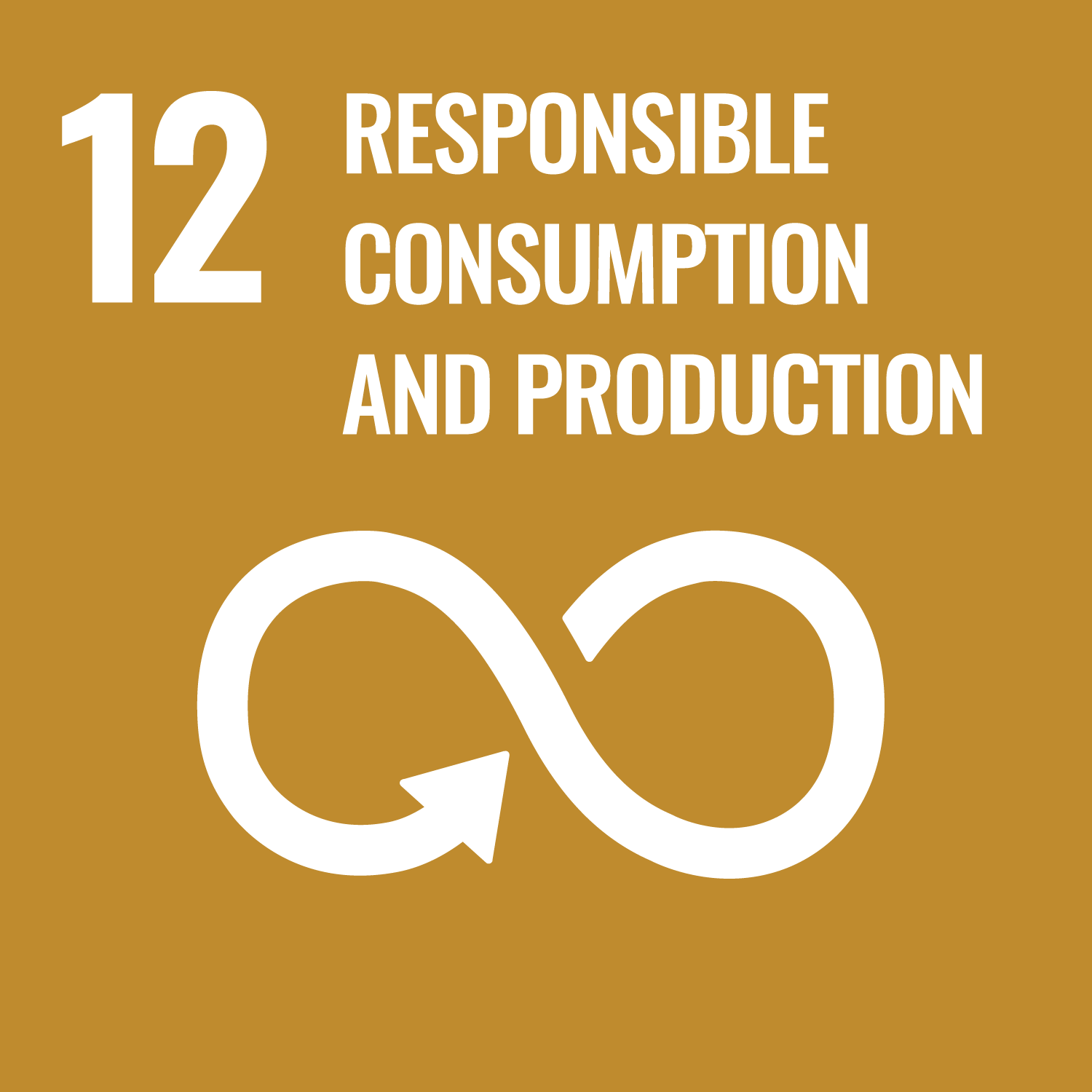Anim-Jnr, A.S., Ishaq, S.B.Y., Sasu, P. et al. (5 more authors) (2025) Valorising mango, cashew apple, and papaya by-products for sustainable small ruminant production in low-income food deficit countries—a review. Frontiers in Sustainable Food Systems, 9. 1529837. ISSN 2571-581X
Abstract
In Low-Income Food Deficit Countries (LIFDCs), there is a growing demand for ruminant livestock products due to population growth, urbanization, and rising incomes. However, smallholder farmers in these regions face constant challenges in securing reliable year-round feed supply, which affects animal performance and the ability to meet increasing demand for animal products. This comprehensive review thus explores the potential of fruit by-products, specifically cashew apples, papayas, and mangoes, which are often discarded and contribute to environmental pollution but can be valuable resources for livestock farmers. The review examines the current state of small ruminant livestock production in LIFDCs, particularly in Sub-Saharan Africa and adopts a systems thinking approach to consider using cashew apple, papaya, and mango by-products as a potential feed source. Small ruminant livestock production is highlighted for efficiently converting nutrient-rich food waste from fruits like cashew apples, papayas, and mangoes into valuable milk and meat products. The review also addresses the environmental aspect, pointing out potential greenhouse gas emissions resulting from improper disposal of fruit wastes and the urgent need to convert them into animal feeds. It provides data on processing, preservation techniques, chemical composition, and the limited available information on the impact of these fruit by-products on feed intake, growth, carcass quality, methane emissions, and overall well-being of small ruminants. Challenges related to the storage and feeding of these by-products are also discussed. Despite limited data and conflicting evidence, the review strongly advocates using cashew apples, papaya, and mango by-products as vital feed resources for small ruminants. It emphasizes the need for further research to determine their nutritional value in local contexts, establish optimal inclusion levels, and devise strategies for prolonging shelf life. This effort holds promise for addressing food deficits and enhancing food security in LIFDCs where these challenges are most acute.
Metadata
| Item Type: | Article |
|---|---|
| Authors/Creators: |
|
| Copyright, Publisher and Additional Information: | © 2025 Anim-Jnr, Ishaq, Sasu, Gyimah, Greathead, Boesch, Mabiki and Emmambux. This is an open access article under the terms of the Creative Commons Attribution License (CC-BY 4.0), which permits unrestricted use, distribution and reproduction in any medium, provided the original work is properly cited. |
| Keywords: | valorisation, fruit by-products, small ruminant, circular economy, systems thinking, sustainability, food security |
| Dates: |
|
| Institution: | The University of Leeds |
| Academic Units: | The University of Leeds > Faculty of Biological Sciences (Leeds) > School of Biology (Leeds) |
| Depositing User: | Symplectic Publications |
| Date Deposited: | 19 May 2025 13:33 |
| Last Modified: | 19 May 2025 13:33 |
| Status: | Published |
| Publisher: | Frontiers |
| Identification Number: | 10.3389/fsufs.2025.1529837 |
| Sustainable Development Goals: | |
| Open Archives Initiative ID (OAI ID): | oai:eprints.whiterose.ac.uk:226736 |



 CORE (COnnecting REpositories)
CORE (COnnecting REpositories) CORE (COnnecting REpositories)
CORE (COnnecting REpositories)